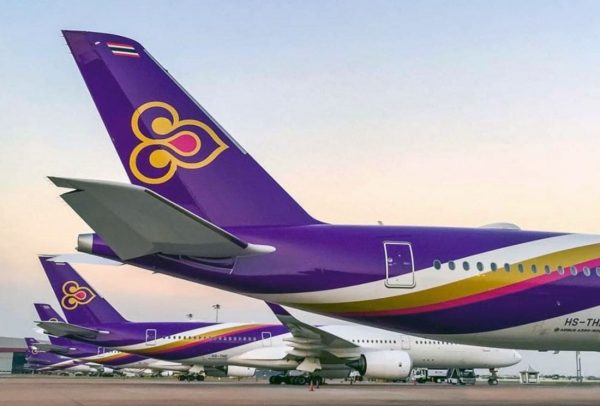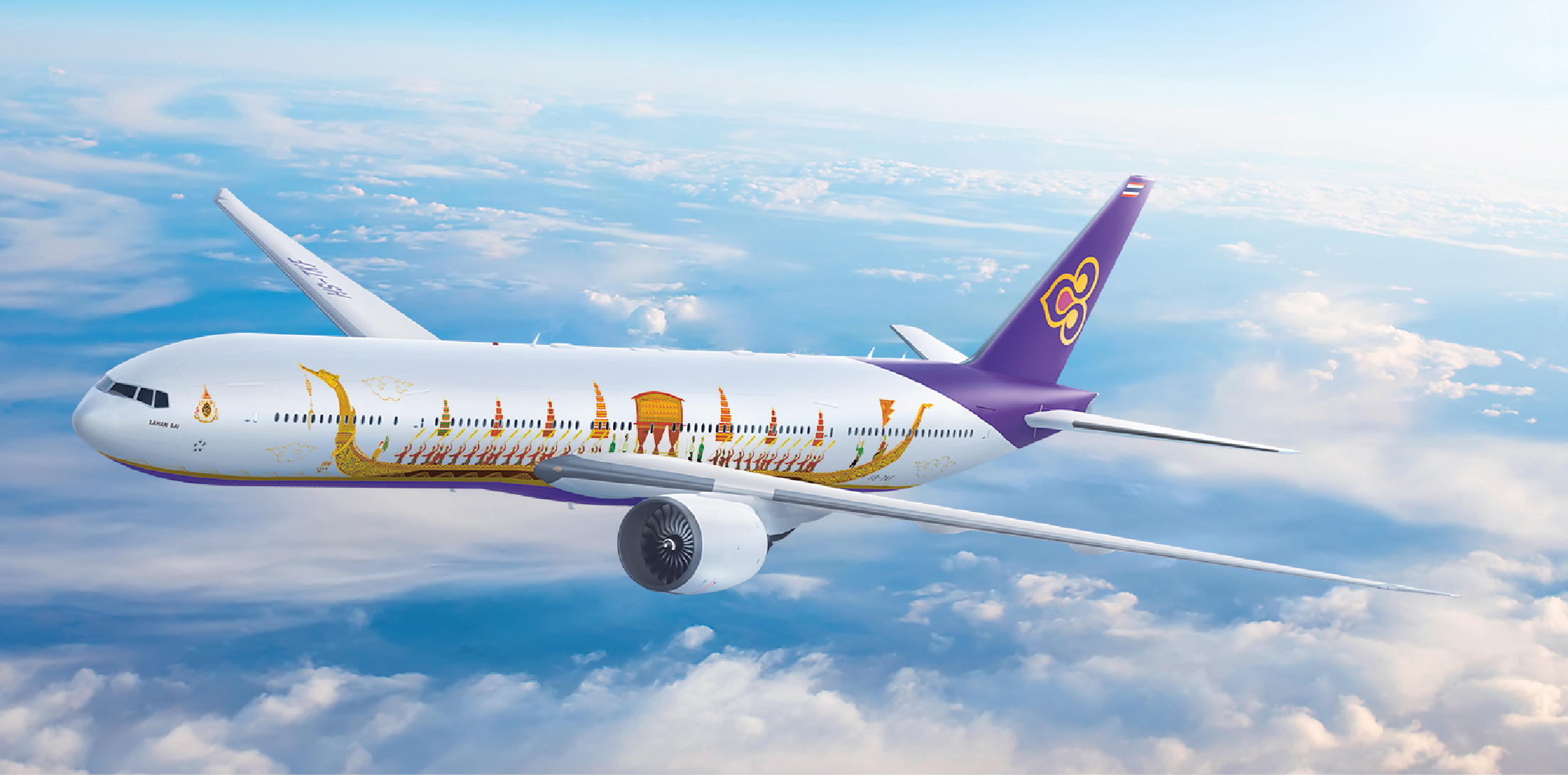BANGKOK, 19 May 2020: The Thai Government has confirmed that Thai Airways International, will submit a rehabilitation plan as well as an application for restructuring proceedings to a bankruptcy court.
A senior government spokeswoman confirmed to Reuters that the airline will be filing for the Thai equivalent of the US Chapter 11 bankruptcy rule.
In Thailand, the Chapter 11 option is actually Chapter 3/1 under the Corporate Reorganisation section of the Bankruptcy Act. It was added to the Act following the Asian Financial Crisis in 1998.*
In the US, Chapter 11 offers protection from creditors while a company restructures or possibly sell assets to regain financial momentum. It’s a common practice in the US, where at least 16 well-known airlines including United Airlines have at one time or another sought shelter under Chapter 11 provisions.
The proceedings for business reorganisation governed by Thailand’s Chapter 3/1 of the Act start with the filing of a petition for restructuring by the debtor, the creditors owed more than THB 10 million, or a relevant government agency. When the Court approves the application for restructuring, it gives the debtor protection by declaring an automatic stay which restricts the ability of creditors to take action against the company to recover any sums owed to them.
“The State-Enterprise Planning Office agreed in principle for the rehabilitation of Thai Airways in court… the procedure will be submitted to cabinet tomorrow,” said Narumon Pinyosinwat, Thai Government spokeswoman, according to a Reuters report.
It is understood that the Thai Government will now extend THB58.1 billion (USD$1.4 billion) in lifelines to the struggling airline.
Yesterday evening Thai Airways International Public Company Limited publicly denied any intentions to file for bankruptcy in a press statement and Facebook post.
The national airline said it was responding to rumours in local media and by social media bloggers that erupted over the weekend following a board of directors meeting held on 15 May.

In its official rebuttal, the airline stated that its “reform plan had been approved by the THAI board 17 April and presented to the State Enterprise Policy Office for consideration 29 April 2020.
“The plan will soon be presented to the Cabinet for further action. The Board of Directors made no resolution to file for bankruptcy as appeared in the news. THAI again denies the bankruptcy rumours,” the statement read.
A popular social media blogger, Andrew Wood posted late Monday evening that “Thai Airways would file for bankruptcy after it was green-lighted by the State Enterprise Policy Office (SEPO) on Monday.”
No plans for rehabilitation have been detailed, although it is understood that Thai Airways currently has over THB92 billion (USD2.87 billion) in debt. A restructure will likely see the airline’s long-haul fleet cut down significantly.
Social media posts had earlier claimed the company, which is 51% owned by the Thai Government through the Ministry of Finance, was seeking a THB58.1 billion (USD1.81 billion) in government-guaranteed loans.
The airline reported losses of THB12.04 billion in 2019 and successfully gained the Stock Exchange of Thailand approval to delay its Q1 2020 financial statements until August.
Meanwhile, the airline on its Facebook page scotched social media news and comment that claimed present and former directors of the board and their families are entitled to first-class tickets for life.
The Facebook post statement said “Thai Airways staff are not eligible for seven free tickets per year as claimed, and the Board members do not get free first-class tickets.
In the statement, the airline’s communications department said the social media information was untrue.
“Airline staff have the same basic welfare rights and travel incentives as normally provided by airlines around the world.”
*See the following Tilleke & Gibbins Law firm’s post on bankruptcy law in Thailand.
https://www.tilleke.com/sites/default/files/Bankrutpcy-Law-in-Thailand.pdf
*
(Sources: Reuters, Andrew Wood and THAI statements)







